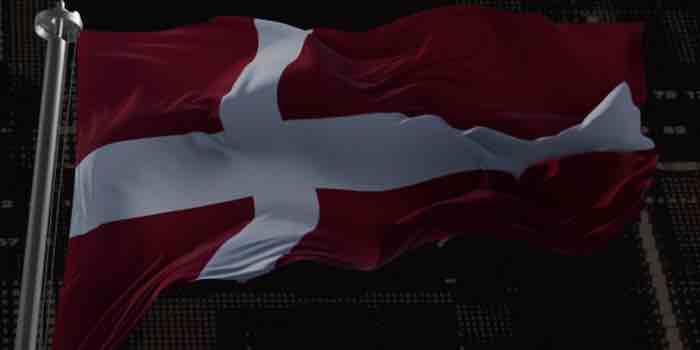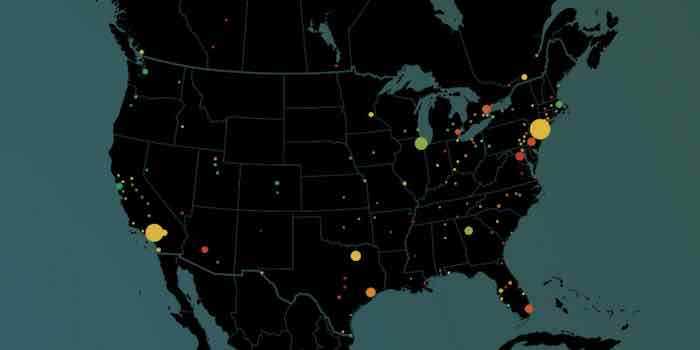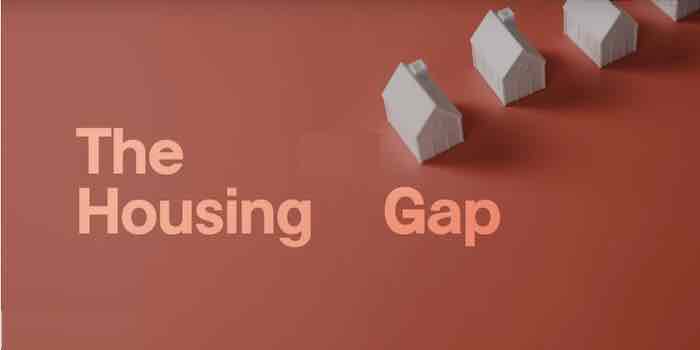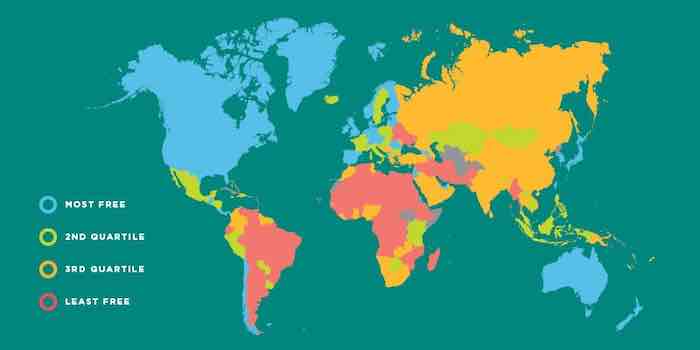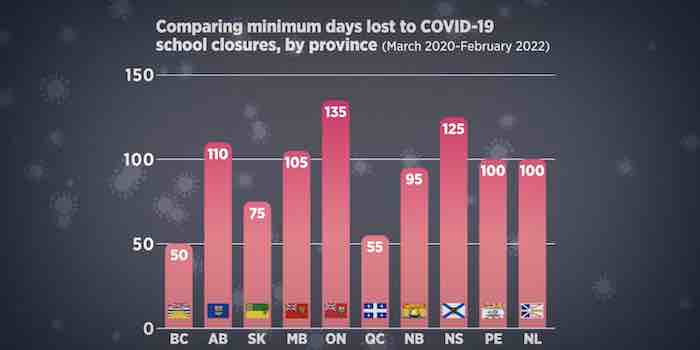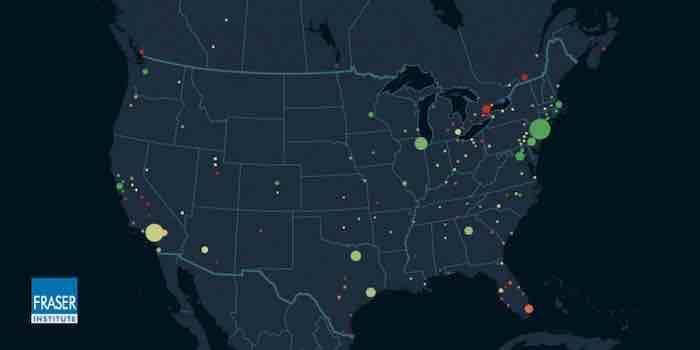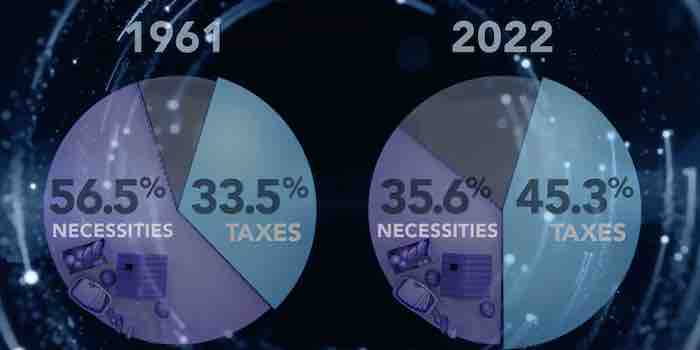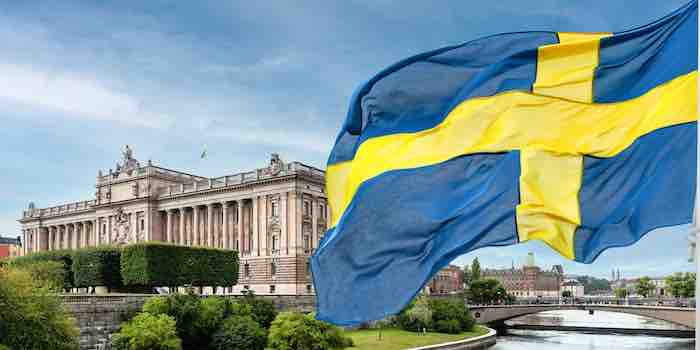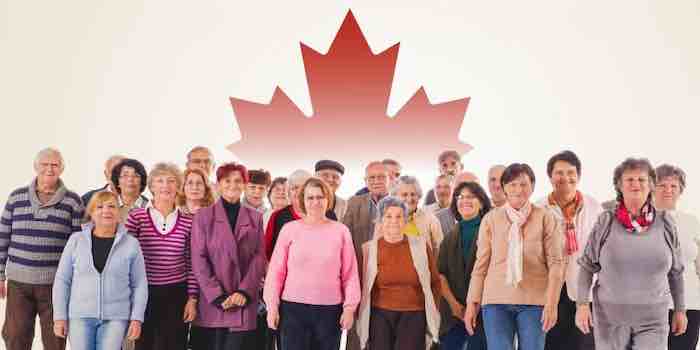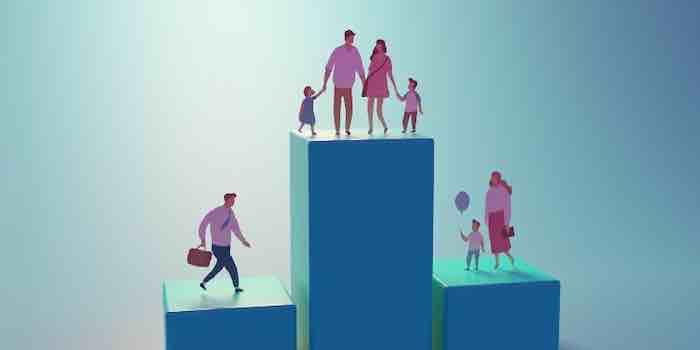Federal electric vehicle subsidies cost $355 per tonne of averted GHG, dwarfing price of carbon tax ($65)

VANCOUVER—Government subsidies for electric vehicle purchases are an extremely costly way to try to reduce greenhouse gas emissions in Canada, finds a new study released today by the Fraser Institute, an independent, non-partisan, Canadian public policy think-tank.
“By essentially paying people to buy electric vehicles, governments across Canada are spending a lot of money despite questionable benefits,” said Jock Finlayson, senior fellow at the Fraser Institute and co-author of A Review of Electric Vehicle Consumer Subsidies in Canada.

